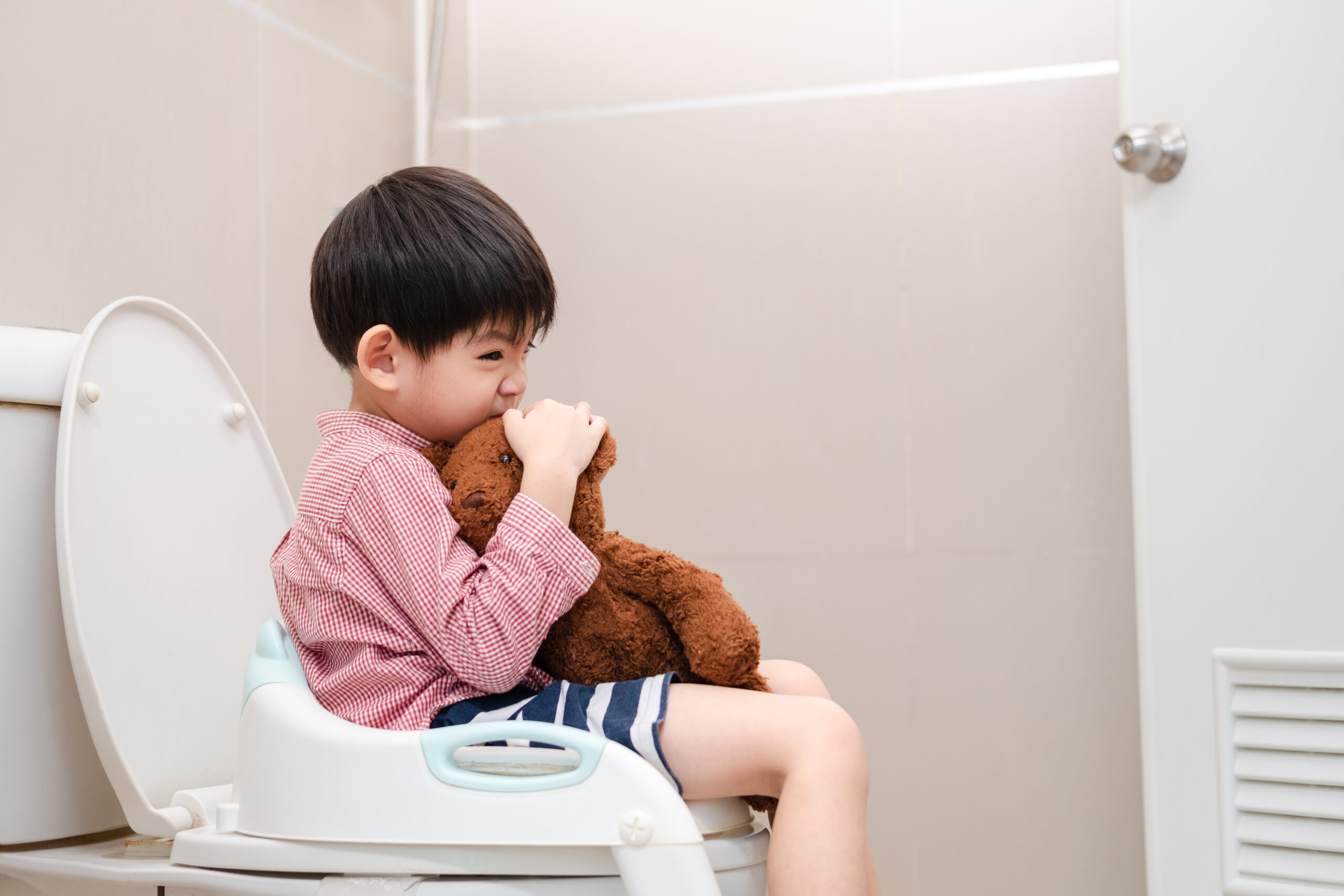Introduction: The Importance of Normal Bowel Movements in Children
Having regular bowel movements is essential for a child’s health. When kids experience constipation in children, it can affect their daily activities and general well-being. Irregular bowel habits might make them feel uncomfortable and even lead to health issues. Children’s bodies are still developing, and any disruption in their normal functioning can cause concern for parents. Moreover, when kids face difficulty in passing stools, it can lead to anxiety and might affect their mood. Therefore, understanding the importance of regular bowel movements and ensuring children maintain healthy habits is crucial. Without a good routine, constipation in children can become a chronic issue that disrupts their growth and overall happiness. By focusing on these aspects, parents can help ensure their children lead happy, healthy lives free from discomfort.
Recognizing the Symptoms of Constipation in Children
Identifying symptoms of constipation in children is vital for addressing the problem early. Kids might not always vocalize their discomfort directly, so watching for signs is important.
- Stomach ache: Kids may often complain about stomach pain. It’s a common sign that they might be having trouble with bowel movements.
- Infrequent stools: Children may go to the bathroom less often than usual. If a child hasn’t passed stools in a few days, it could be constipation in children.
- Straining: While attempting to go, they might strain and find it hard to pass stools.
- Hard stools: Another clear indicator is hard or lumpy stools. This can cause a lot of discomfort.
- The feeling of incomplete bowel movements: If kids frequently feel like they haven’t completely finished after using the bathroom, it’s a cause for concern.
Being aware of these signs helps parents to take early action. Addressing these concerns can lead to quicker relief and prevent further issues.
Common Causes of Constipation in Children
Understanding the causes of constipation in children is important to prevent it. Kids often develop constipation due to dietary and lifestyle habits.
- Poor diet: In many parts of the world, including India, a diet low in fiber can result in constipation. Foods rich in fiber, like fruits and vegetables, are essential.
- Physical inactivity: Children who don’t get enough exercise may have slower digestion, leading to constipation in children.
- Lack of fluids: Adequate fluid intake is essential. If children aren’t drinking enough water, it might cause them to become constipated.
- Changes in routine: Changes such as starting school or traveling can disturb their regular bowel habits.
Knowing these causes of constipation in children allows parents to help prevent it effectively. By encouraging a balanced diet and daily activities, constipation issues can often be curtailed.
The Role of Hydration in Preventing Constipation
Hydration is key when discussing constipation in children. Water plays a crucial role in digestion. When kids drink enough, it helps to keep their stool soft and easy to pass. Dehydration makes stools hard and difficult to eliminate. Here’s how parents can ensure proper hydration:
- Encourage regular water breaks: Kids should drink water often, especially while playing or exercising.
- Offer a variety of fluids: Beyond water, milk or diluted fruit juices can be good. Avoid sugary drinks, as they aren’t beneficial.
Proper hydration is simple yet effective in preventing constipation.
Dietary Modifications to Alleviate Constipation
Adjusting a child’s diet is one of the best ways to combat constipation in children. Here’s how dietary changes can help:
- Fiber-rich foods: Introduce more fruits, vegetables, and whole-grain cereals. These foods help stools move more easily through the digestive system.
- Sorbitol-rich juices: For infants, small amounts of pear or apple juice can help due to their sorbitol content.
- Balanced diet: Ensuring a balance between proteins, carbohydrates, and healthy fats tailored to the child’s needs.
- Avoid fast foods: Limit junk food and opt for homemade meals instead.
These changes can be easy to implement with careful planning, ensuring that kids maintain a healthy digestive system.
Behavioral and Lifestyle Strategies
Behavior and lifestyle play significant roles in ensuring symptoms of constipation in children don’t persist.
- Routine: Establishing a consistent bathroom routine can help children feel more comfortable.
- Exercise: Encourage daily physical activity, which helps stimulate bowel movements.
- Stress management: Stress or anxiety can sometimes affect bowel habits, so addressing these is essential.
- Open communication: Discuss body functions openly without stigma, so children don’t feel embarrassed.
- Positive reinforcement: Praise children for good bathroom habits to reinforce positive behavior.
With these strategies, parents can foster environments that reduce the risk of constipation.
Treatment Options: From Natural to Medical Interventions
Symptoms of constipation in children range from mild to severe. Different approaches can be taken depending on the severity:
- Natural remedies: Incorporate prune juice or psyllium husk to aid naturally.
- Over-the-counter solutions: Mild laxatives might be considered but always consult a healthcare provider first.
- Visit a doctor: For persistent issues, professional advice is key to ensure disimpaction techniques or treatments don’t harm the child.
- Professional strategies: Sometimes, a doctor may suggest suppositories or other methods to relieve severe cases.
Seeking medical advice ensures the child’s safety and well-being when other methods don’t suffice.
Long-term Management and Prognosis
Managing constipation in children involves follow-through and patience for effective long-term outcomes.
- Treatment plan adherence: Stick with the plan that’s been established by healthcare providers.
- Monitoring progress: Regularly assess the frequency and ease of bowel movements.
- Prevent recurrence: Understand what triggers the problem and work to avoid these.
- Talk openly: Encourage kids to discuss their body functions to remove the embarrassment associated with it.
- Positive outcome outlook: Most kids recover well with a consistent approach, so keep optimistic.
By practicing these steps, constipation becomes manageable, and children can enjoy a healthy life free of digestive troubles.
